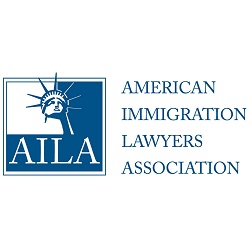On October 6th the Trump Administration announced new Administration Interim Final Rules (IFRs) that will make it more difficult and more costly for U.S. companies to employ highly skilled foreign national workers. With an effective implementation date of December 7th, 2020, there are three main takeaways you should note:
1) Minimum prevailing wages/salary that must be paid to H-1B workers will increased by 30%-60%.
-This includes all new H-1B applicants, extension applicants, AND other specialty occupations such as H-1B1 Singaporean/Chilean and E-3 Australian visas as well;
2) A more narrow definition of H-1B “specialty occupation”.
-The revised definition will focus more specifically on the relationship between the degree requirements and the duties of the position. As such, occupations that permit a broad range of acceptable majors and/or applicants who hold mismatching degrees (i.e. a Mechanical Engineering Bachelor’s degree for a software developer role) will face greater scrutiny; and
3)Placement of H-1B workers at third-party worksites through limited to one-year H-1B visa period.
For more, see: federalregister.gov.




